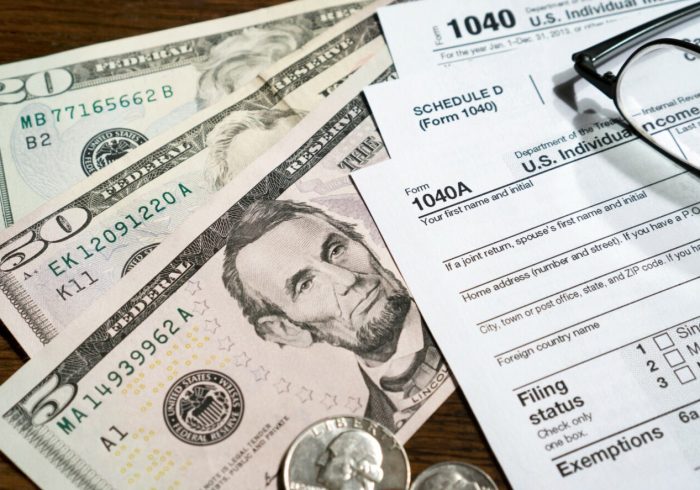Despite a Record-Breaking Month for Sportsbooks, Pennsylvania’s Gambling Revenues Experience a 1.7% Decline
Pennsylvania’s gambling industry has been on a rollercoaster ride in recent years, with ups and downs in revenue growth. Despite a record-breaking month for sportsbooks, the state’s overall gambling revenues experienced a surprising 1.7% decline. This unexpected dip raises questions about the factors contributing to this decline and the potential implications for the future of Pennsylvania’s gambling market.
Sports betting has been a major driver of growth in the gambling industry across the United States, and Pennsylvania is no exception. In October 2021, the state’s sportsbooks recorded a staggering $525.8 million in wagers, marking the highest monthly handle since the legalization of sports betting in 2018. This remarkable achievement was largely attributed to the return of major sports events and increased consumer confidence in visiting physical sportsbooks.
Despite the success of sports betting, other sectors of Pennsylvania’s gambling industry did not fare as well. The decline in overall gambling revenues can be partially attributed to a decrease in revenue from traditional casino games, such as slot machines and table games. These segments experienced a decline of 3.2% and 4.2%, respectively, compared to the previous year.
One possible explanation for this decline is the ongoing impact of the COVID-19 pandemic. While sports betting has seen a resurgence due to eased restrictions and increased vaccination rates, other forms of gambling may still be affected by lingering concerns over public health and safety. Some individuals may be hesitant to visit crowded casinos or engage in close proximity activities, leading to decreased foot traffic and revenue.
Another factor that could have contributed to the decline is the rise of online gambling. With the increasing popularity of online casinos and sportsbooks, some gamblers may have shifted their preferences towards digital platforms. Online gambling offers convenience, accessibility, and a wider range of options, which may have attracted a portion of the gambling market away from traditional brick-and-mortar establishments.
Furthermore, neighboring states’ gambling markets could also be impacting Pennsylvania’s revenues. As more states legalize and expand their gambling industries, competition for customers intensifies. Residents living near state borders may choose to gamble in neighboring states with more favorable regulations or offerings, diverting potential revenue away from Pennsylvania.
The decline in gambling revenues raises concerns about the state’s budget and the potential impact on public programs that rely on gambling tax revenue. Pennsylvania has been heavily dependent on gambling revenue to fund various initiatives, including education, infrastructure, and healthcare. A sustained decline in gambling revenues could potentially lead to budget shortfalls and impact these essential programs.
To address this decline, Pennsylvania may need to explore new strategies to attract and retain gamblers. This could involve enhancing the overall casino experience, investing in marketing campaigns to promote tourism, or expanding online gambling options to capture a larger share of the market. Additionally, the state could consider revisiting its tax structure and regulations to ensure competitiveness with neighboring states.
In conclusion, despite a record-breaking month for sportsbooks, Pennsylvania’s gambling revenues experienced an unexpected 1.7% decline. Factors such as the ongoing impact of the COVID-19 pandemic, the rise of online gambling, and increased competition from neighboring states may have contributed to this decline. To mitigate the effects of this dip and ensure a sustainable gambling industry, Pennsylvania will need to adapt its strategies and explore new avenues for growth.




